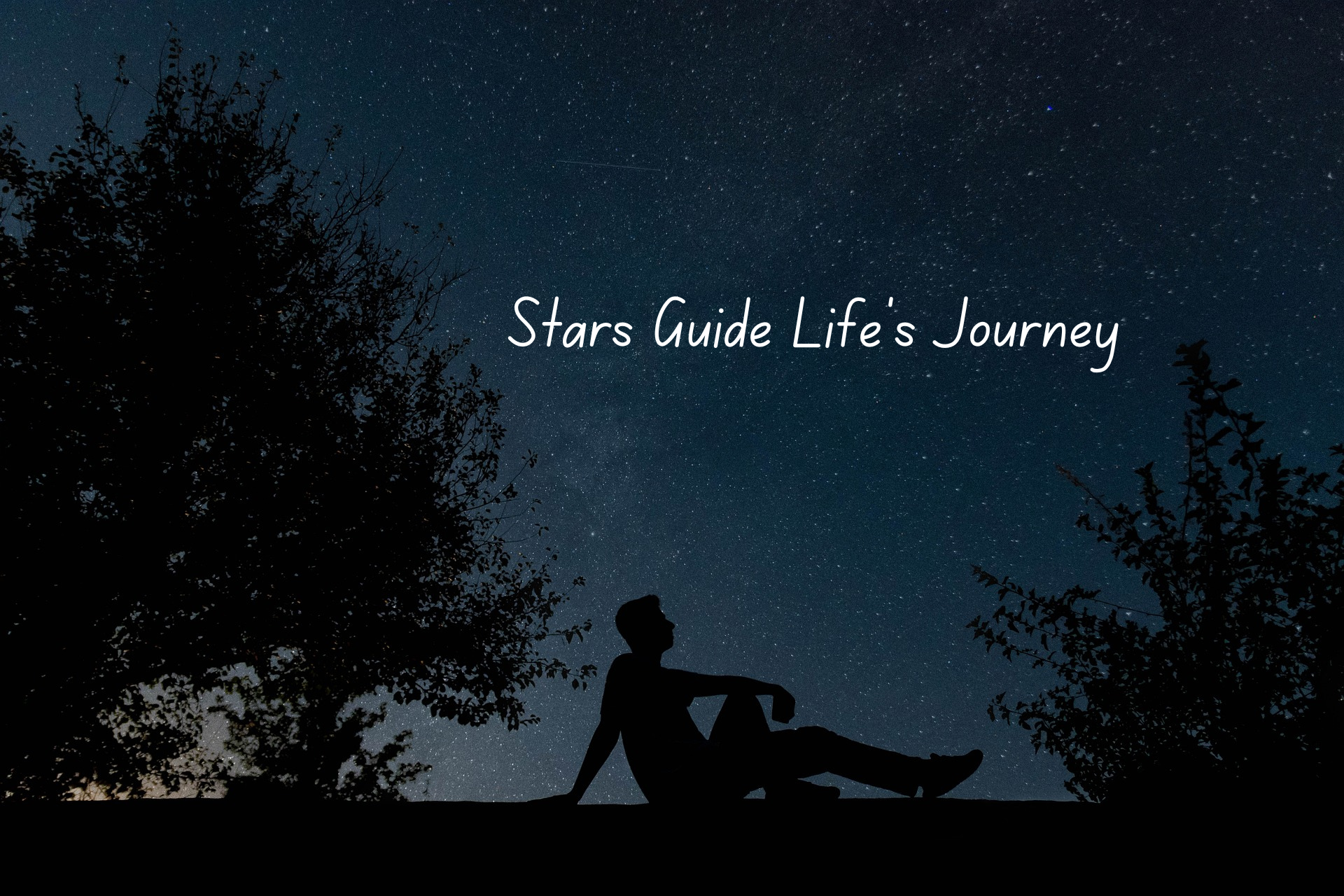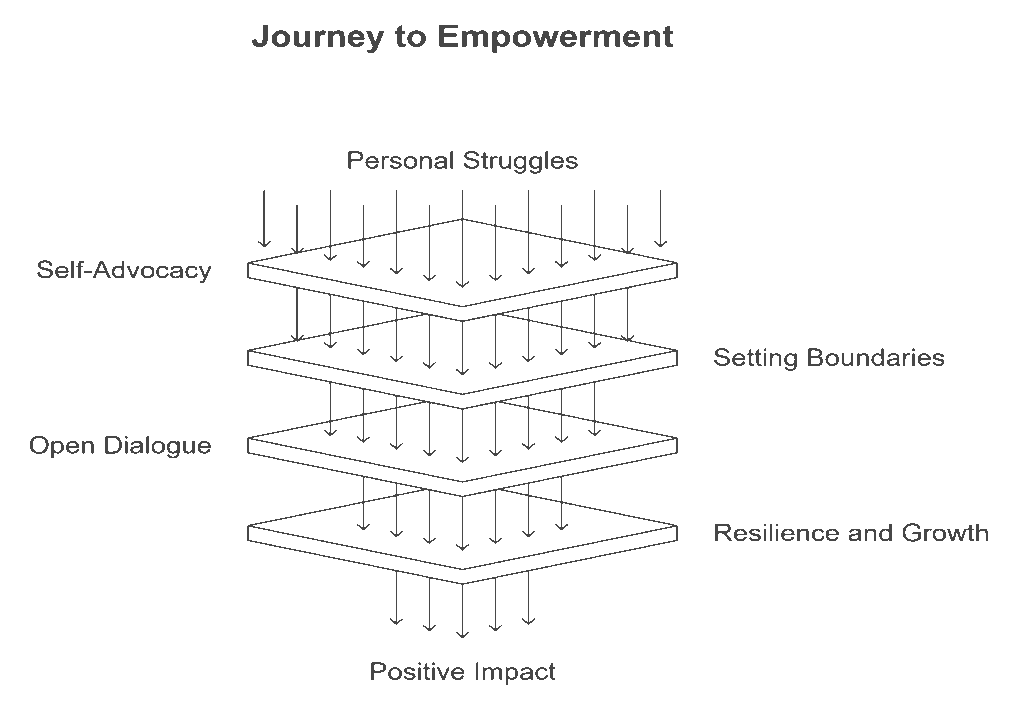Your cart is currently empty!

Navigating life with epilepsy, especially in the worlds of education and work, has been one of the most defining journeys of my life. It has challenged me in ways I never anticipated, pushed me to grow beyond my comfort zone, and ultimately taught me how to live more fully — not in spite of my condition, but because of how it has shaped me.
When I was first diagnosed, I remember feeling like the ground beneath me had shifted. Suddenly, everyday moments—taking a test, riding the bus, working late hours—carried an undercurrent of uncertainty. There was fear, of course, but also a strange sense of grief: grieving the version of myself who didn’t have to think twice about flashing lights, long days, stress, or a lack of sleep. I had to relearn how to listen to my body, to read the subtle signs it was sending me, and to accept that my limits had changed—not because I was weak, but because I needed to survive.

School was the first battleground. I didn’t want special treatment, but I needed understanding. I remember sitting in classrooms, heart racing, wondering if anyone would notice if something went wrong. Would my teachers know what to do? Would my classmates understand, or just stare? I learned quickly that pretending everything was fine only made things worse. So I began speaking up—not just for accommodations, but for myself. It was terrifying at first, but it became liberating. I realized that advocacy wasn’t a burden; it was a form of self-respect.
Work came with its own set of challenges. There’s an unspoken expectation in many professional environments to always be “on”—productive, efficient, available. But epilepsy doesn’t work on a schedule. I had to figure out how to balance ambition with health, how to manage the guilt of needing rest, and how to explain to supervisors why I couldn’t always stay late or skip meals or push through the fatigue. Some environments were supportive; others weren’t. I learned how to walk away from spaces that didn’t honor my needs and to seek out those that did. And when I couldn’t find them, I did my best to create them.
The hardest part, though, has been the internal work. Epilepsy isn’t just a medical condition—it reshaped how I saw myself. For a long time, I struggled with feeling broken, less capable, even ashamed. I worried about being seen as fragile or unreliable. But over time, through therapy, through conversations with others who lived with chronic conditions, and through sheer persistence, I began to shift my narrative. I wasn’t broken. I was adapting. And that adaptation was its own kind of brilliance.
There were turning points—moments that seemed small but meant everything. The first time I disclosed my condition to a professor and was met with compassion instead of pity. The time a coworker offered to learn seizure first aid without me even asking. The night I made it through a seizure alone and realized I knew exactly what to do and how to keep myself safe. Each of these moments reminded me that while epilepsy was unpredictable, I could still find stability within myself.
I’ve come to see resilience not as pushing through at all costs, but as knowing when to pause, when to ask for help, and when to say no. It’s about creating a life that works with your body, not against it. And most importantly, it’s about turning your story into something that helps others feel less alone.
To anyone reading this who is trying to navigate school, work, or life with a health condition: I see you. I know how heavy it can feel, how isolating. But you are not alone. Your experience is valid, and your voice matters—more than you probably realize. Sharing your truth isn’t weakness; it’s a kind of quiet courage that can change hearts and minds. I know, because I’ve seen it happen—one conversation, one act of self-advocacy, one open door at a time.
Epilepsy has changed me. But it hasn’t diminished me. It has made me more compassionate, more patient, more aware of the invisible battles so many people are fighting. It has taught me to celebrate small victories, to lead with empathy, and to never underestimate the power of being honest about what you need.
And if my story can help even one person feel empowered to take up space, to speak up, or to simply keep going, then every obstacle I’ve faced will have meant something. Together, by sharing our stories and lifting each other up, we can create a world that doesn’t just accommodate difference—it values it. A world that understands that thriving doesn’t always look like perfection. Sometimes, thriving looks like surviving with grace, growing with intention, and choosing to hope, even on the hardest days.



